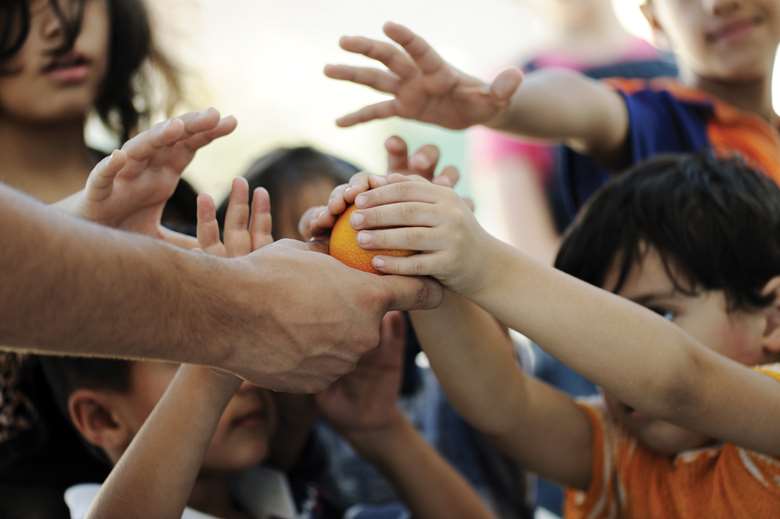Legal Update: Obligations to children overseas
Flavia Colonnese
Monday, July 20, 2015
Flavia Colonnese, researcher at Coram Children's Legal Centre, examines the government's obligations to protect children's rights outside the UK in accordance with the UN Convention on the Rights of the Child.

This month, the Bond Group for Child Rights – a coalition of organisations that aims to ensure that children's rights are at the forefront of the UK government's international development and foreign policy and practice – published an alternative report to the UN Committee on the Rights of the Child. The report, Protecting Children's Rights Worldwide, will inform the UN committee's review of the UK government's performance in implementing children's rights in accordance with its obligations under the UN Convention on the Rights of the Child (UNCRC).
The report highlights the UK government's extraterritorial obligations to protect, respect and fulfil children's rights. Extraterritorial obligations are obligations owed by states to people outside of their own territory. They arise when states exercise authority, power or control over people or situations outside of their territory, potentially affecting the enjoyment of human rights.
In these times of globalisation, extraterritorial obligations have gained significance: they are tightly related to the idea that the implementation of human rights worldwide is a "co-operative exercise" and that international co-operation is a key tool to achieving this goal. Nevertheless, extraterritorial obligations remain controversial. The contention is linked to states' tendencies to limit their obligations as applying within their own borders, leading to a potentially dangerous gap in the implementation of human rights, particularly those of the most vulnerable groups of children. Extraterritorial obligations are often perceived as merely "moral duties"; however, it should be highlighted that the existence of extraterritorial obligations is widely recognised in international and regional human rights instruments and other authoritative sources.
Extraterritorial obligations and children's rights
The UK, as a signatory to the UN Convention on the Rights of the Child, has committed to contributing to its implementation globally: Article 4 of the Convention requires states to take all appropriate measures to implement children's rights, within the framework of international co-operation, and the UN Committee on the Rights of the Child has advised that the Convention should form the framework for international development assistance related directly or indirectly to children.
Despite such obligations, the UK government does not sufficiently mainstream child rights throughout its development policies, and the lack of a coherent approach to children's rights has implications for aid effectiveness and for the impact of foreign policy and practice. For example, the UK has adopted a practice of using the private sector to implement children's rights in developing countries. The government not only supports several low-fee, non-state schools and private health providers, but it is also systematically engaging with businesses to deliver development programmes. While funding private actors might address the lack of public resources, there are questions as to whether the UK government has sufficiently considered the concerns linked to the involvement of private actors, possibly sacrificing the social interest in education and health, and potentially negatively affecting children's rights overseas - for instance, by increasing segregation on socioeconomic grounds.
The UK government is responsible for providing clearer guidance for businesses in development practice to create an environment that ensures the full realisation of children's rights overseas by aligning for-profit organisations' objectives with development goals; building governments' capacity to monitor private actors; and assessing whether businesses engage with the poorest in society. The imposition of extraterritorial obligations means that not only is the UK government accountable for the potentially negative consequences of the involvement of private actors, but also that aid programmes should comply with the core principles of the UNCRC.
To ensure that the UK government fulfils its extraterritorial obligation to respect, protect and fulfil children's rights internationally, the report calls for the adoption of a public and transparent framework for children's rights, focusing on mainstreaming children's rights in all aid and foreign policies.
Download Legal Update: Obligations to children overseas as a PDF
Legal Update is produced in association with experts at Coram Children’s Legal Centre ?www.childrenslegalcentre.com
?For free legal advice on issues relating to migrant children call 0207 636 8505
Sign up to the monthly childRIGHT bulletin from CYP Now and Coram Children’s Legal Centre, for the latest news and information about children, young people and the law: www.cypnow.co.uk/email-bulletins




